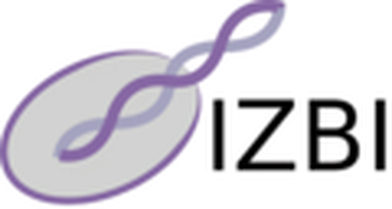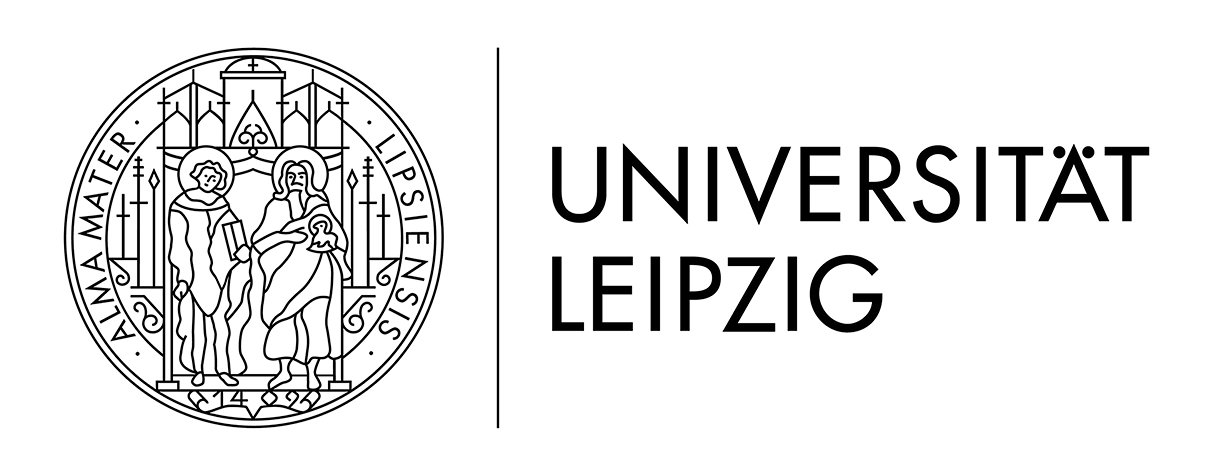Keynote Speakers
We are proud to announce the invited speakers listed below.

Prof. Dr. Michael Hiller, Goethe University Frankfurt
Michael Hiller Lab
LOEWE Centre for Translational Biodiversity Genomics,
Senckenberg Research Institute,
Goethe University Frankfurt
TOGA2 improves speed and accuracy of comparative gene annotation
Annotating coding genes in newly-sequenced genomes and inferring orthologs are a classical challenges in bioinformatics.
I will introduce TOGA (Tool to infer Orthologs from Genome Alignments), a method that integrates gene annotation and inferring orthologous genes.
TOGA implements a novel paradigm to infer orthologous gene loci that largely relies on intronic and intergenic alignments and uses machine learning to accurately distinguish orthologs from paralogs or processed pseudogenes. As a reference-based method, TOGA is scalable and can be applied to genomes of hundreds of species.
Since development of TOGA 1.0 a few years ago, we have been working on a new TOGA 2.0 method that exploits the same fundamental principles but provides a number of new features.
TOGA 2.0 massively reduces memory requirements and runtime. By incorporating deep learning-based splice site predictions, TOGA 2.0 further increases the accuracy of precisely detecting exon boundaries and enables the method to cope with evolutionary exon-intron structure changes. A gene tree-based reconciliation step further improves orthology resolution and detects additional 1:1 orthologs.
Finally, TOGA 2.0 can also predict untranslated regions.
In the second part, I will illustrate how TOGA can help illuminating changes in genes that are linked to phenotypic traits in mammals. Bats are a group of mammals that exhibit a number of interesting traits, among them the ability to tolerate viral infections without showing disease symptoms. Using TOGA-derived orthologs to perform a comprehensive screen for positive selection across 115 mammals, we found that selection in immune-related genes is most prevalent in bats, which provides genomic evidence that bats possess special immune system adaptations.

Dr. Denise Kühnert, RKI
Robert Koch Institute
Centre for Artificial Intelligence in Public Health Research (ZKI-PH 2), Phylogenomics
Phylogenomics meets Machine Learning at ZKI-PH: Evolution and transmission of infectious pathogens
Advances combining phylogenomics and machine learning will revolutionize our capability to understand infectious disease dynamics. Based at the Robert Koch Institute's Center for Artificial Intelligence in Public Health Research (ZKI-PH), we explore the integration of phylogenomic approaches with machine learning techniques to elucidate the evolution and transmission patterns of infectious pathogens. This interdisciplinary approach promises to advance our ability to track viral evolution, understand transmission patterns, and inform evidence-based public health interventions in the face of emerging infectious threats. Deciphering the processes driving pathogen evolution further allows us to understand the origin and emergence of new pathogens and to lay the foundations for effective therapies and preventive measures.


